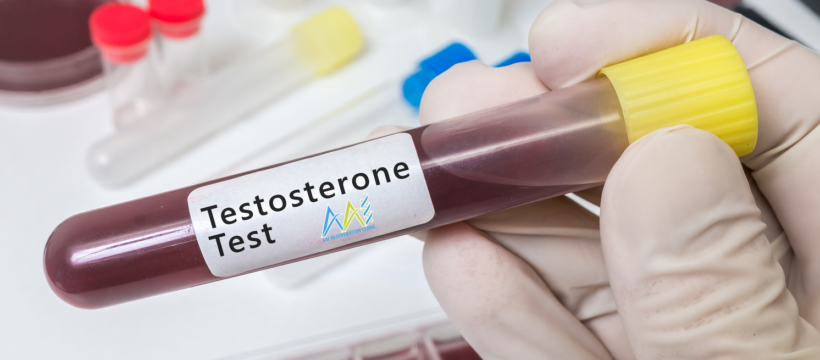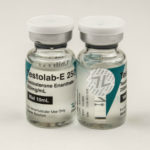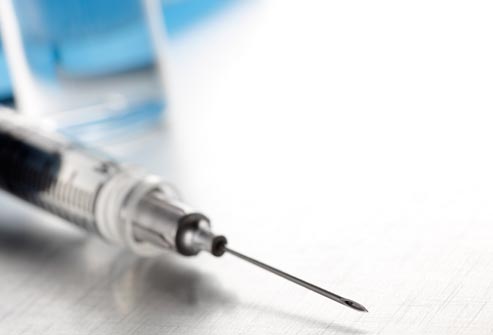How do I get a testosterone test?
First of all, at what point would it be decided that you need a testosterone test. Well, it is basically as a result of you showing some symptoms that would suggest that your testosterone level is causing them. The conditions that might lead you to take a testosterone test can strike at many different periods in your life.
Starting with your entry into adolescence, walk into a group of 14 year old girls but especially boys and you’ll see a wide variety of physical development. The ages of 11,12, 13 and 14 are the times when you should expect to go through puberty, but some children enter puberty early, which is medically known as precocious puberty. So should puberty be unusually early or unusually late, a testosterone test could determine the, or at least one of the causes.

From the ages of 20-39, men and women who suffer from a decreased sex drive and infertility may be suffering from a lack of testosterone that needs to be treated. Men also may suffer from erectile dysfunction and testicular tumors and women could be suffering from hirsutism, which is another name for excessive body hair. Some women may also want a testosterone test if they are having difficulty getting pregnant, have no or irregular menstrual periods or seem to be developing male pattern baldness or a voice that seems unreasonably low.
More likely though it is the lack of energy and motivation and sex drive resulting from the woman’s menopause and the men’s andropause which occurs after the age of 40 which means that you want to take a testosterone test.
Also, testosterone levels can rise due to a tumor in the ovary or adrenal gland or another condition such as PCOS – otherwise known as polycystic ovarian syndrome.
Your doctor should be able to direct you to the right place to get a testosterone test. It should certainly be carried out by the right people, preferably a qualified physician or specialist in testosterone.
It is important to understand what a testosterone test result actually means. Men and women have a great variability in levels that are considered as normal, so it’s not so simple as to say that your level is within a range so that is OK, as it may not be right for you. Your levels will naturally decline as you age, so that should be expected.
But sometimes a decreased testosterone level could indicate hypothalamic or pituary disease or some damage to the testes. Some genetic diseases can decrease testosterone production. Increased testosterone levels could mean there are testicular tumors or the use of steroids.
You should know that liver disease and alcoholism can lower testosterone levels. Prostate cancer medicine will do the same.







